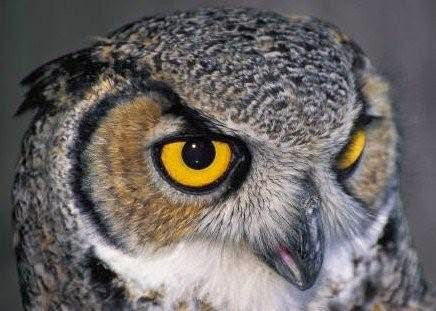 |
| Woody Harrelson - Still shot from 'Rampart' |
Rampart features a quite violent story about veteran LAPD patrolman, Dave Brown (Woody Harrelson) caught on tape brutally beating a road accident suspect. Under investigation for the incident and already a suspect in an earlier murder of a felon, Dave Brown's life spirals out of control. The film suffers from an exceptionally narrow base for although the title refers to the actual police division ('Rampart') the focus is almost entirely on this single police officer operating in isolation to the rest of his colleagues. The Rampart police command in Los Angeles, California was the subject of extensive investigations in the 1990s for a variety of serious offenses committed by 70 serving police officers but forms only a vague background being cursarily mentioned in the film. Essentially there is little to find attractive or interesting about the lead character, his descent into illicit drug taking, alcohol abuse, narcissism, the two former wives and his two daughters.
The storyline in fact has elements of similar films such as 'Bad Lieutenant' (Harvey Keitel was the lead role) where rogue police officers fall off-the-rails and descend into a 'Leaving Las Vegas' scenario of drugs, alcohol and personal damnation. There is a good female supporting cast with Sigourney Weaver as the investigating Assistant District Attorney, Anne Heche and Cynthia Nixon (as the two ex-wives, who are also cast as sisters) and Robin Wright as a lawyer representing some of Brown's targets. Also in the cast are Steve Buscemi and Ice Cube. The film has several strengths in terms of scene setting and context however its limited focus is disappointing.
The storyline in fact has elements of similar films such as 'Bad Lieutenant' (Harvey Keitel was the lead role) where rogue police officers fall off-the-rails and descend into a 'Leaving Las Vegas' scenario of drugs, alcohol and personal damnation. There is a good female supporting cast with Sigourney Weaver as the investigating Assistant District Attorney, Anne Heche and Cynthia Nixon (as the two ex-wives, who are also cast as sisters) and Robin Wright as a lawyer representing some of Brown's targets. Also in the cast are Steve Buscemi and Ice Cube. The film has several strengths in terms of scene setting and context however its limited focus is disappointing.





